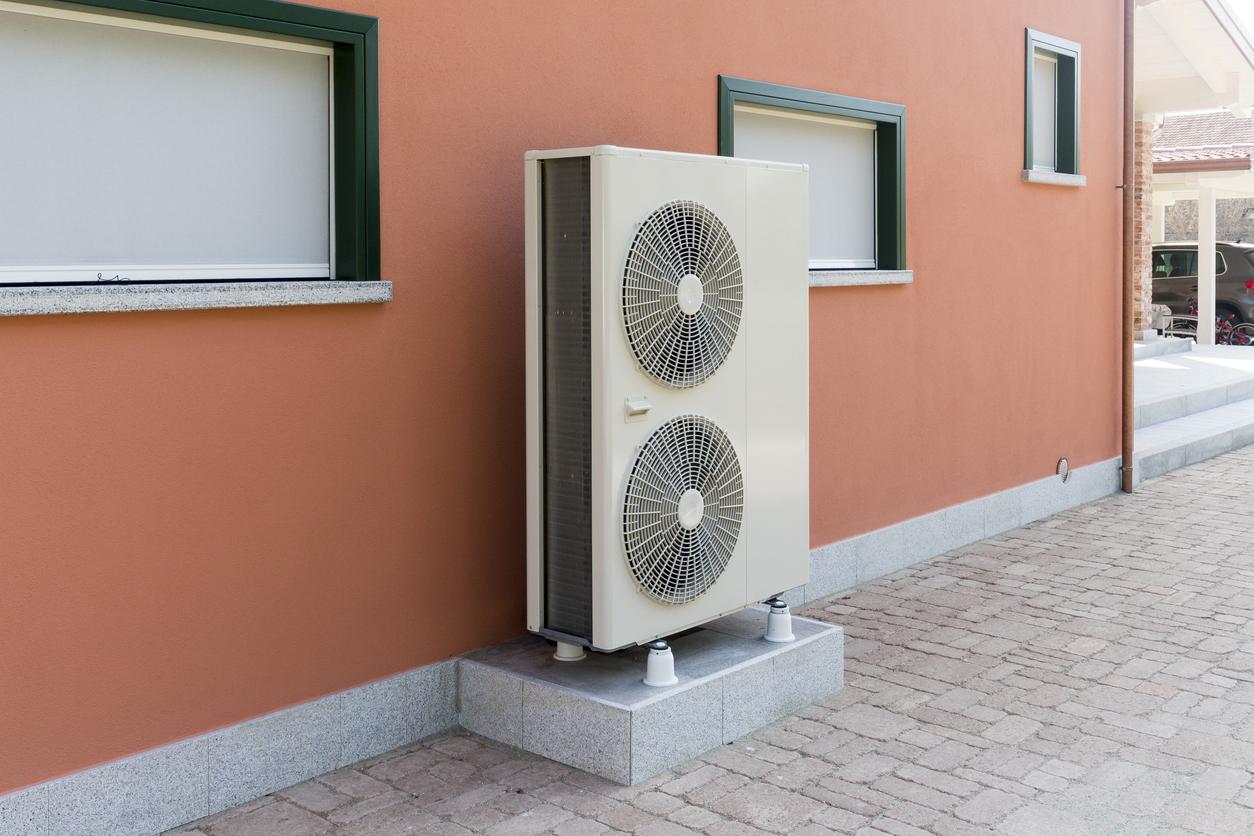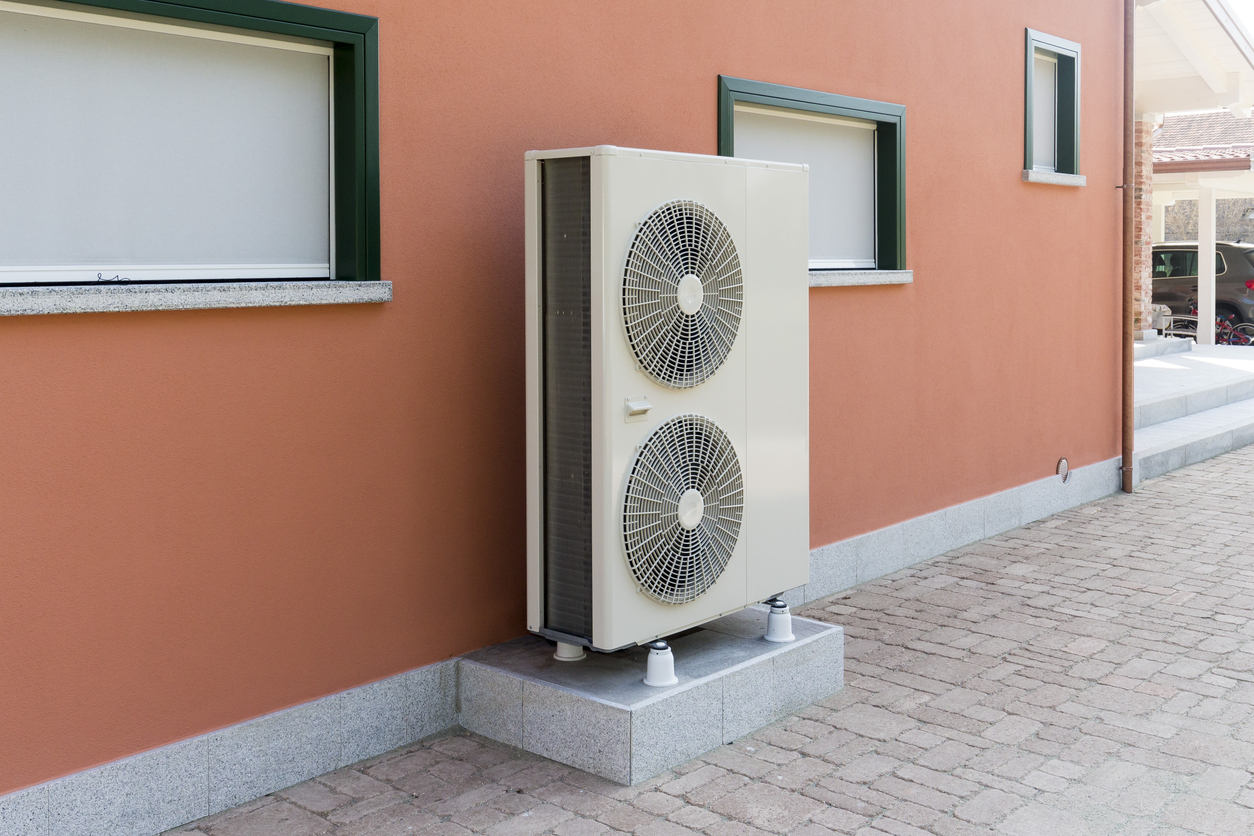
As the UK moves towards its ambitious net zero goals, the construction industry is at the forefront of implementing energy-efficient solutions. For builders, ensuring that new and existing homes meet decarbonisation standards while remaining affordable and functional is both a challenge and an opportunity.
A key area of focus is home heating, where innovative technologies such as air, ground and hybrid heat pumps offer sustainable solutions for rural and urban properties alike.
A Critical Time for UK Home Heating
The recently elected Labour government is currently focusing on clean energy with its commitment to a decarbonised grid by 2030, which presents a unique set of challenges for the housing sector. While policies like Great British Energy’s initiative to reduce energy bills by £300 annually are encouraging, rural and older properties are often left behind in the decarbonisation conversation.
The traditional reliance on fossil fuels for heating in rural areas, combined with the lack of affordable alternatives, has led to calls for a more inclusive and multi-technology approach. Dropping the rural-first boiler ban and incentivising low-carbon solutions, such as hybrid heat pumps and Renewable Liquid Gases (RLGs), reflects a shift towards greater flexibility and practicality in achieving decarbonisation goals.
What Are Hybrid Heat Pumps?
Hybrid heat pumps combine the efficiency of an electric heat pump with the reliability of a traditional gas boiler, making them particularly well-suited to homes with high heat demands or those located off the gas grid. Builders should consider incorporating these systems into projects for several reasons:
- Flexibility: Hybrid systems can switch between electricity and gas based on energy availability and cost, ensuring consistent heating even during peak demand periods.
- Cost-Effectiveness: Compared to a complete transition to heat pumps, hybrid systems allow property owners to retain their existing boilers while gradually adopting low-carbon technology.
- Reduced Emissions: Hybrid heat pumps significantly lower carbon footprints without requiring extensive retrofitting by leveraging renewable electricity and biogases.
The Labour government’s proposed adjustments to support schemes, such as including hybrid heat pumps in the Boiler Upgrade Scheme (BUS), could further reduce costs for homeowners and builders alike. Currently, the average installation cost for an air source heat pump is £13,333, with a BUS grant covering only £7,500. Hybrid systems, which require less extensive retrofits, could offer a more affordable entry point for many households.
Builders working in rural areas face unique obstacles, from high upfront costs to the logistical complexities of reaching off-grid properties. According to the National Audit Office, up to 20% of UK homes may not be suitable for standalone heat pumps due to their heat demand or structural inefficiencies.
Additionally, Renewable Liquid Gases (RLGs) like BioLPG are emerging as another key technology. These drop-in fuels can power existing LPG boilers, offering a low-carbon alternative without the need for costly upgrades. Builders should consider incorporating RLG-ready systems into projects to future-proof homes against tightening emissions standards.
Lessons from Scotland and Wales
Scotland’s ambitious decarbonisation targets highlight the challenges builders face when transitioning to net zero. With an estimated cost of £45,000 per building to achieve comprehensive energy efficiency upgrades, the need for affordable, scalable solutions is evident. Hybrid heat pumps, supported by grants and low-interest loans under Scotland’s Home Energy Scotland Scheme, offer a model for the rest of the UK.
Similarly, Wales’ heat strategy acknowledges the role of biogas-compatible boilers and hybrid systems. By following these examples, builders across the UK can help deliver homes that meet decarbonisation targets without placing undue financial strain on homeowners.
Government policy must align with industry needs so that builders can lead the way in sustainable construction. Expanding the scope of existing support schemes to include hybrid heat pumps and RLGs would create a level playing field for diverse technologies. The construction industry must also advocate for policies like the Sustainable Aviation Fuel mandate, which could be adapted to accelerate the adoption of RLGs in home heating.
Conclusion
As the UK transitions to a clean energy future, builders have a critical role to play in ensuring that no home is left behind. By embracing hybrid heat pumps and other low-carbon solutions, the industry can not only meet regulatory requirements but also deliver sustainable, energy-efficient homes that stand the test of time.
The journey to net zero is an opportunity for the UK as a whole. Adopting this innovative technology that combines the familiarity of traditional systems, such as gas boilers, provides an excellent level of flexibility to gradually switch to fully renewable energy heating systems, such as air source heat pumps.
All in all, hybrid heat pumps, with their flexibility, affordability, and low-carbon potential, are a practical choice for decarbonising UK homes. By integrating these systems into construction projects and advocating for supportive policies, builders can be at the forefront of a fair and inclusive energy transition.


































